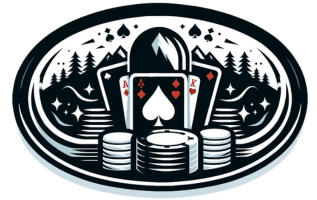Bluffing is one of the most exhilarating aspects of poker. It’s about displaying strength when you’re weak and vice versa. For beginners, the concept of bluffing can be both thrilling and daunting. In this guide, we’ll unveil how you can incorporate bluffing into your game to outsmart opponents and enhance your play.
Why Bluffing Matters Bluffing adds a layer of sophistication to your poker strategy, making your play unpredictable. It allows you to win pots even when you don’t hold the best hand. It also adds a deeper level of complexity and psychology to your game.
Bluffing Basics The basics involve understanding when and how to bluff. A successful bluff depends on several factors:
- Position: Prefer to bluff in later positions where you have more information on your opponents’ actions.
- Opponents’ Play Style: Bluff more against cautious players and less against very aggressive players.
- Your Table Image: If you’re known as a conservative player, a well-timed bluff can be particularly effective.
- Bet Size: Your bet needs to be believable. Too small, and it’s likely to be called; too large, and it raises suspicion.
The Psychology of Bluffing Bluffing is not just a mechanical process – it’s a psychological game. Understand the psychology of your opponents and how your actions are perceived. Good bluffers are also good actors; they convey confidence and strength even when their hand is weak.
Timing and Frequency Timing is crucial in bluffing. A well-timed bluff can be the difference between winning and losing. Don’t bluff too frequently, as this reduces your credibility. Find a balance between predictability and unpredictability.
Risk Management in Bluffing While bluffing is an exciting part of the game, it also involves risks. Never bet more than you’re willing to lose, and be prepared to fold your bluff if the situation demands.
Conclusion Bluffing is a skill that gets refined with experience and practice. Start with small bluffs and expand your techniques as you learn more about your opponents and different game situations. Remember, bluffing is just one part of a comprehensive poker strategy and should be balanced with solid gameplay understanding.
This article covered the basics of bluffing in poker for beginners. We discussed the importance of bluffing, the fundamentals, the psychology, timing, and risk management. With these tips and techniques, you’re on your way to becoming a more effective and unpredictable poker player.


















































